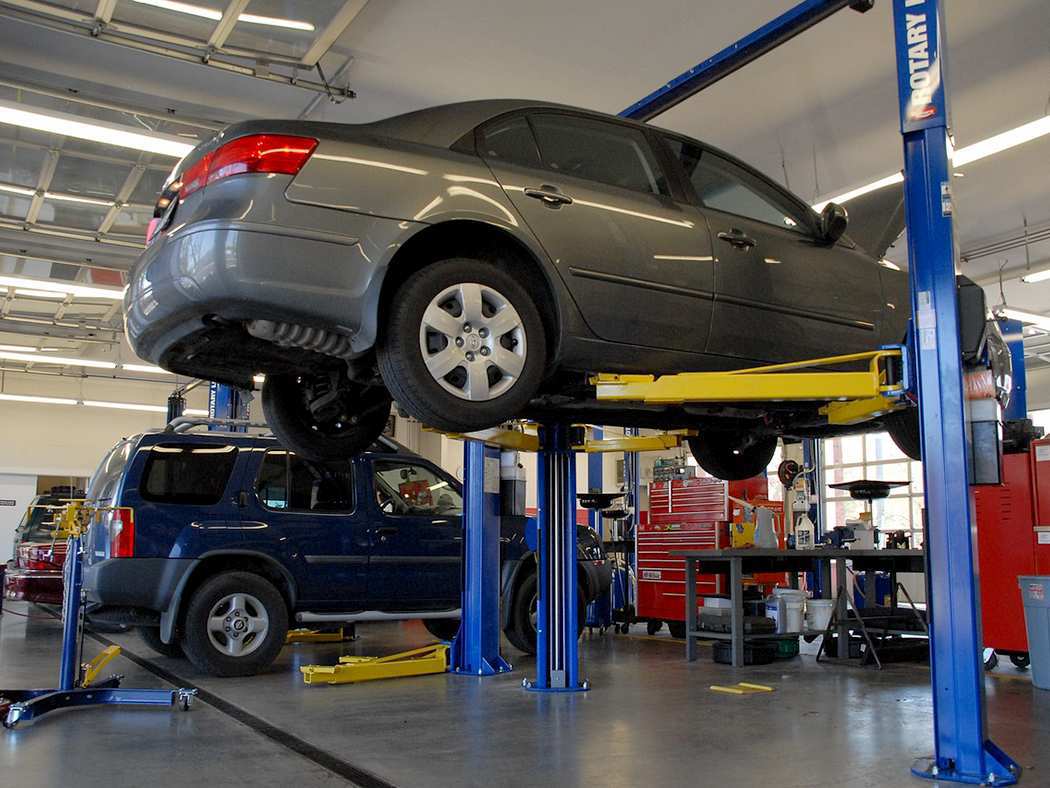The Internet of Things (IoT) has revolutionized the way we live and work, and the automotive industry is no exception. Connected cars, also known as smart cars or autonomous vehicles, are vehicles equipped with sensors, cameras, and other devices that allow them to collect and transmit data. With the rise of connected cars, we are seeing a new era of mobility, safety, and efficiency on the roads. However, this new technology also brings with it new challenges and risks that we need to understand and address. In this article, we will explore the benefits and risks of connected cars and how they are changing the automotive industry.
Benefits of Connected Cars
Improved Safety
One of the biggest benefits of connected cars is the improved safety they offer. With sensors, cameras, and other devices, connected cars can detect and respond to potential dangers on the road, such as obstacles, other vehicles, and road conditions. This can help to prevent accidents and save lives. For example, connected cars can use data from other vehicles on the road to identify potential collision risks, and then take the necessary actions to avoid the collision.
Increased Efficiency
Connected cars also offer increased efficiency by reducing congestion on the roads and reducing fuel consumption. By collecting and analyzing data from other vehicles on the road, connected cars can identify areas of congestion and optimize their route to avoid them. Additionally, by using data to optimize their speed and fuel consumption, connected cars can reduce their carbon footprint and save on fuel costs.
Improved Convenience
Connected cars offer a more convenient and comfortable driving experience by providing real-time information and services to the driver. For example, connected cars can provide real-time traffic updates, navigation services, and entertainment options, such as music and video streaming. Additionally, connected cars can be integrated with smart home systems, allowing drivers to control their home systems, such as lighting and heating, from their car.
Risks of Connected Cars
Data Privacy and Security
One of the biggest risks of connected cars is the privacy and security of the data they collect and transmit. Connected cars collect a vast amount of sensitive data, including personal information, driving habits, and location data, which can be vulnerable to hacking and other forms of cyber-attacks. In order to ensure the privacy and security of this data, it is important for manufacturers to implement robust security measures, such as encryption and secure data storage.
Technical Problems
Another risk of connected cars is the potential for technical problems, such as software bugs, hardware failures, and connectivity issues. These problems can have serious consequences, such as loss of control over the vehicle or data breaches. To minimize these risks, it is important for manufacturers to rigorously test and validate their systems before they are put into use.
Liability
In the event of an accident involving a connected car, there is a risk of liability for both the manufacturer and the driver. For example, if a connected car causes an accident due to a software bug or hardware failure, the manufacturer may be held responsible for the damages. Additionally, if a driver is distracted by the connected car’s infotainment system and causes an accident, they may also be held responsible. To minimize these risks, it is important for manufacturers and drivers to understand the limitations and responsibilities of connected cars.
Conclusion
The rise of connected cars is changing the way we drive and the way we think about mobility. With improved safety, increased efficiency, and enhanced convenience, connected cars are revolutionizing the automotive industry.
